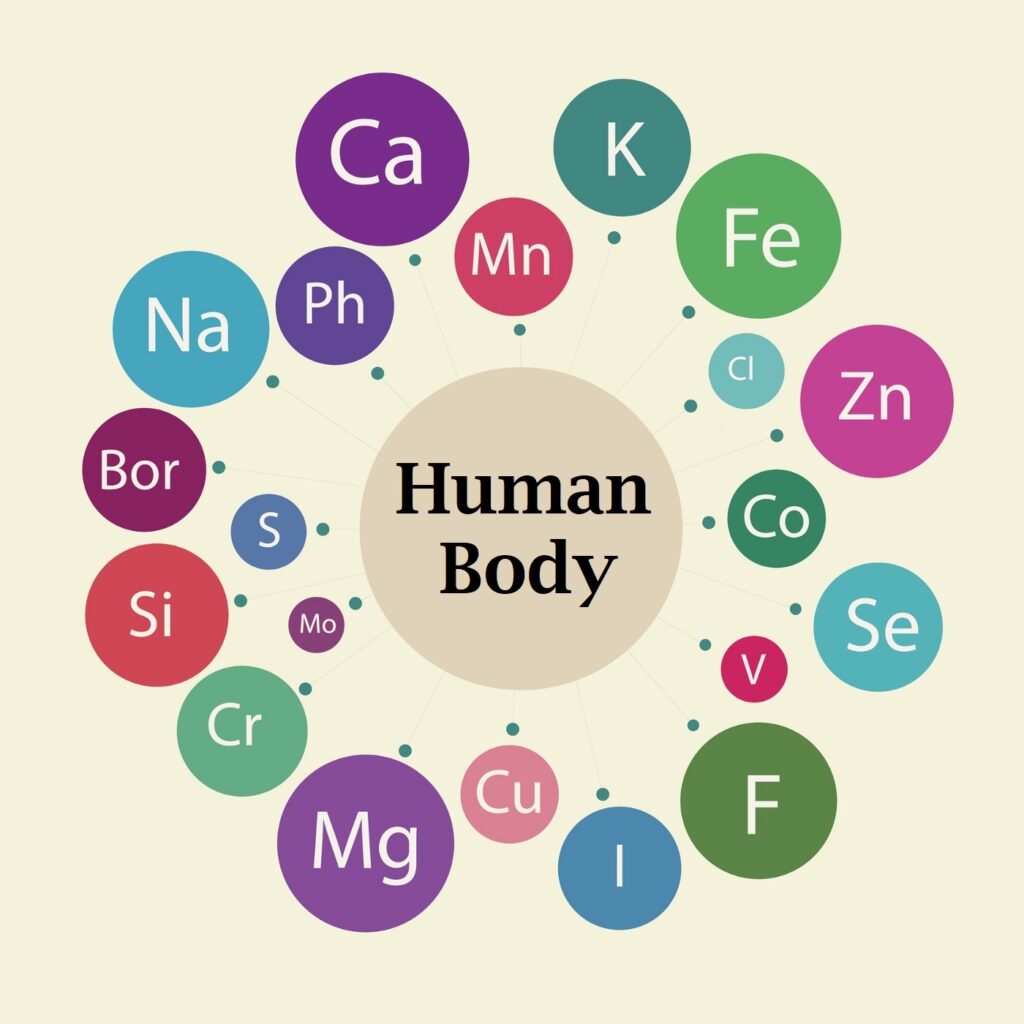Vitamin is also an important constituent of food just like protein, carbohydrates and fats. Vitamins are very vital for a healthy life. Vitamins protect us from various types of diseases. In fact, vitamins increase immunity power in our body against diseases. They also give their important contribution to the general development of the body. If we lack various vitamins in our diet, many types of diseases can attack us. Although we need these vitamins in less quantity yet they are very essential for leading a healthy life. There are two groups of vitamins:
1. FAT SOLUBLE VITAMINS: These are those vitamins that are soluble in fat. These vitamins are composed of the elements of carbon, hydrogen and oxygen. These vitamins are: Vitamin A, Vitamin D, Vitamin E and Vitamin K.
A) VITAMIN A – This vitamin is yellow in color. Usually, this vitamin is not destroyed at normal temperature but it can be destroyed by the oxidation process. The ultraviolet rays of the sun can also destroy this vitamin. It may be destroyed at normal temperature in the presence of oxygen. Due to the deficiency, numerous diseases can attack a person. Night blindness is the main disease caused by deficiency. Vitamin A is very essential for the normal growth of an individual. Due to the deficiency of Vitamin A, the skin may be dry. There may be linings on the skin. Teeth lose their brightness and usually become yellow. This vitamin also has a negative effect on the kidneys, nervous system and digestive system. Due to its deficiency poisonous substances develop in the spinal cord. Vitamin A is mainly found in ghee, milk, curd, egg yolk, fish, tomato, papaya, green vegetables, orange, spinach etc.
B) VITAMIN D – It is formed by the elements of carbon, hydrogen and oxygen. It is a white crystalline substance. It helps in the absorption of calcium and phosphorus. It maintains the normal function of parathormone the hormone secreted by parathyroid glands. It also maintains the level of calcium and phosphorus. Its deficiency may cause rickets, dental cavities and osteoporosis. Sun rays, milk, butter and fish liver oils are the main source of this vitamin.
C) VITAMIN E – Vitamin E is helpful in increasing fertility among men and women. Its deficiency causes the death of the child in the womb of the mother and abortions and miscarriages happen with the result that the women lose her reproductive ability. Its deficiency also causes weakness in muscles and the heart does not function properly. This vitamin is also essential for the proper function of the adrenal and sex glands.
D) VITAMIN K – The main function of this vitamin is to clot the blood. It also helps in the prevention of hemorrhage and excessive bleeding in wounds. Its deficiency may cause anemia. Its main sources are tomato, potato, cabbage, cauliflower, wheat, egg, meat and soybean.
2. WATER SOLUBLE VITAMINS: These vitamins are soluble in water. These vitamins contain the elements of nitrogen and even sulphur.
A) VITAMIN B COMPLEX – It consists of eight soluble vitamins that play important roles in cell metabolism. Earlier they were thought to be a single vitamin but later on, research showed that they were chemically distinct vitamins. The sources of these vitamins are meat, potatoes, bananas, liver oil, beans and yeast. The rest of the vitamins are mentioned below:
- Vitamin B1– its deficiency may cause beriberi. Its deficiency symptoms may be weight loss, emotional disturbances, weakness and pain in limbs, edema and irregular heartbeat.
- Vitamin B2 – its deficiency symptoms are cracks in the lips, and inflammation of the tongue.
- Vitamin B3 – its deficiency causes pellagra. Its deficiency symptoms are aggression, insomnia, weakness, and mental confusion.
- Vitamin B5 – its deficiency may cause acne.
- Vitamin AB6 – its deficiency may lead to depression, anemia, hypertension and water retention.
- Vitamin B7 -its deficiency may lead to impaired growth.
- Vitamin B9 -its deficiency in pregnant women may lead to birth defects.
- Vitamin B12 – its deficiency may lead to loss of memory and paralysis.
B) VITAMIN C – Vitamin C helps in healing wounds. It increases metabolic rate and helps in absorbing calcium. It is also essential for the formation, growth and repair of bones, skin and connective tissues. It also maintains healthy teeth and gums. The deficiency of this vitamin causes scurvy. Adults may feel tired, weak and irritable due to the deficiency. This vitamin is usually found in lemons, pineapples, guava, amla, ber, oranges, tomato, green chilies and apples.






